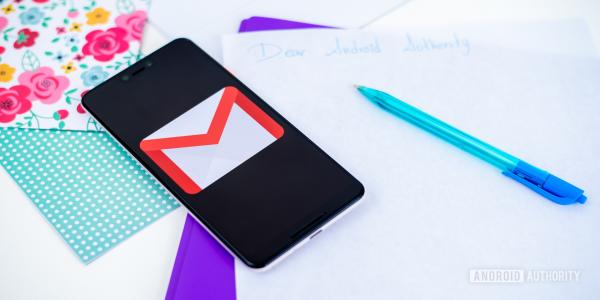Losing access to your Google / Gmail account can be an incredibly frustrating and unhappy experience. When researching this article, I came across several accounts of people who had been locked out of their accounts after forgetting their passwords — and a few who had still not been able to get back in, even after several weeks.
Google does provide a list of methods to try if you’ve been locked out of your account — either because you’ve forgotten your password or because somebody has hacked into your account and changed it. Sometimes, they work.
Your options beyond Google’s suggestions may be limited, so it’s best to be prepared ahead of time. Here are some suggestions to place you in the best possible position to get your stuff back.
BACK UP YOUR ACCOUNT REGULARLY
If you should ever (knock on wood) lose access to your account, it will be less of a blow — and is less likely to get your blood pressure shooting up — if you have a recent backup of your data. Google provides a means for you to download your data that it calls Takeout. You can download all the data from all of your Google apps, or from some of them, or just from a single app such as Gmail.
The formats of the downloads vary depending on the type of data. Your email will be downloaded in the MBOX format, which can be then uploaded into another Gmail account or into most other email services or apps.
USE A PASSWORD MANAGER
An ounce of prevention being worth — well, you know the rest — the best way to prevent yourself from losing access to a Google account because of a lost password is to use a password manager to keep your password safe. (And no, keeping your Google password in the Google Password Manager isn’t going to help.) Password managers like Bitwarden, 1Password, and Zoho Vault can make sure that sudden brain freezes won’t keep you out of your email.
KEEP A RECORD OF YOUR OLD PASSWORD
One of the ways Google verifies your identity if you lose your password is to ask you to type in your previous password. If it’s been a while since you changed your password (assuming you’ve ever actually changed it), it may be hard (or impossible) to remember that former password. So when you change your Google password — and it’s not a bad idea to change it regularly — keep a record of your old password somewhere safe.
A good strategy here is to use your password manager — you use one, right? — to keep track of old passwords. Most password managers will offer to update the existing entry for an app when you create a new password; if possible, you can opt instead to create a new entry and then go back and edit the old one to say something like “Gmail – old password.”…Read more>>
Source:-theverge

